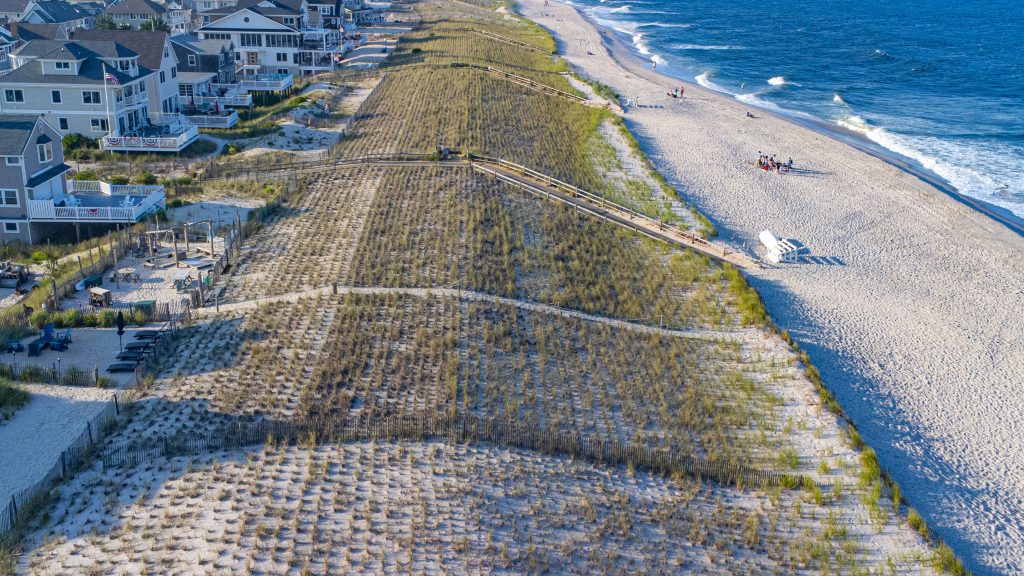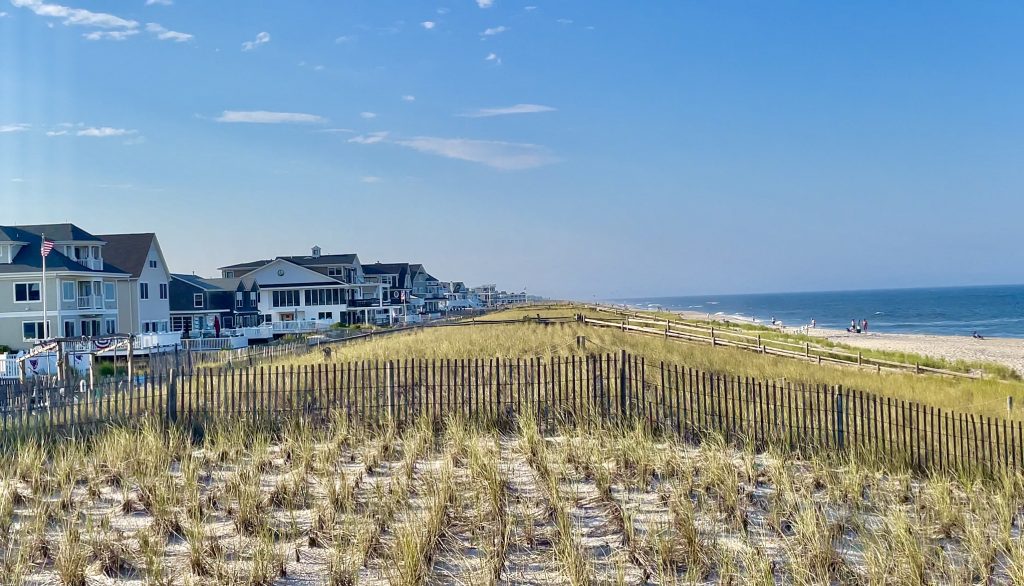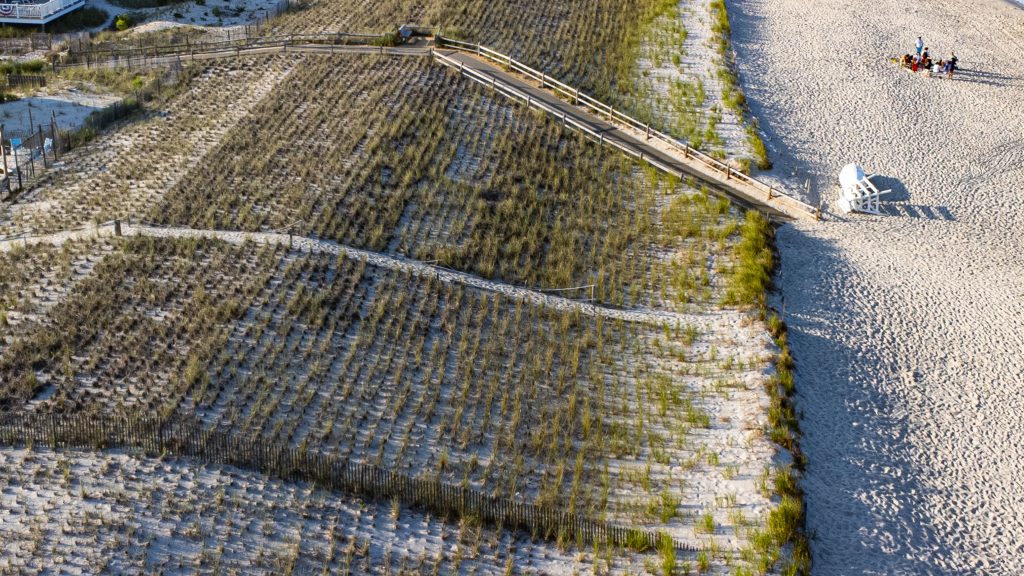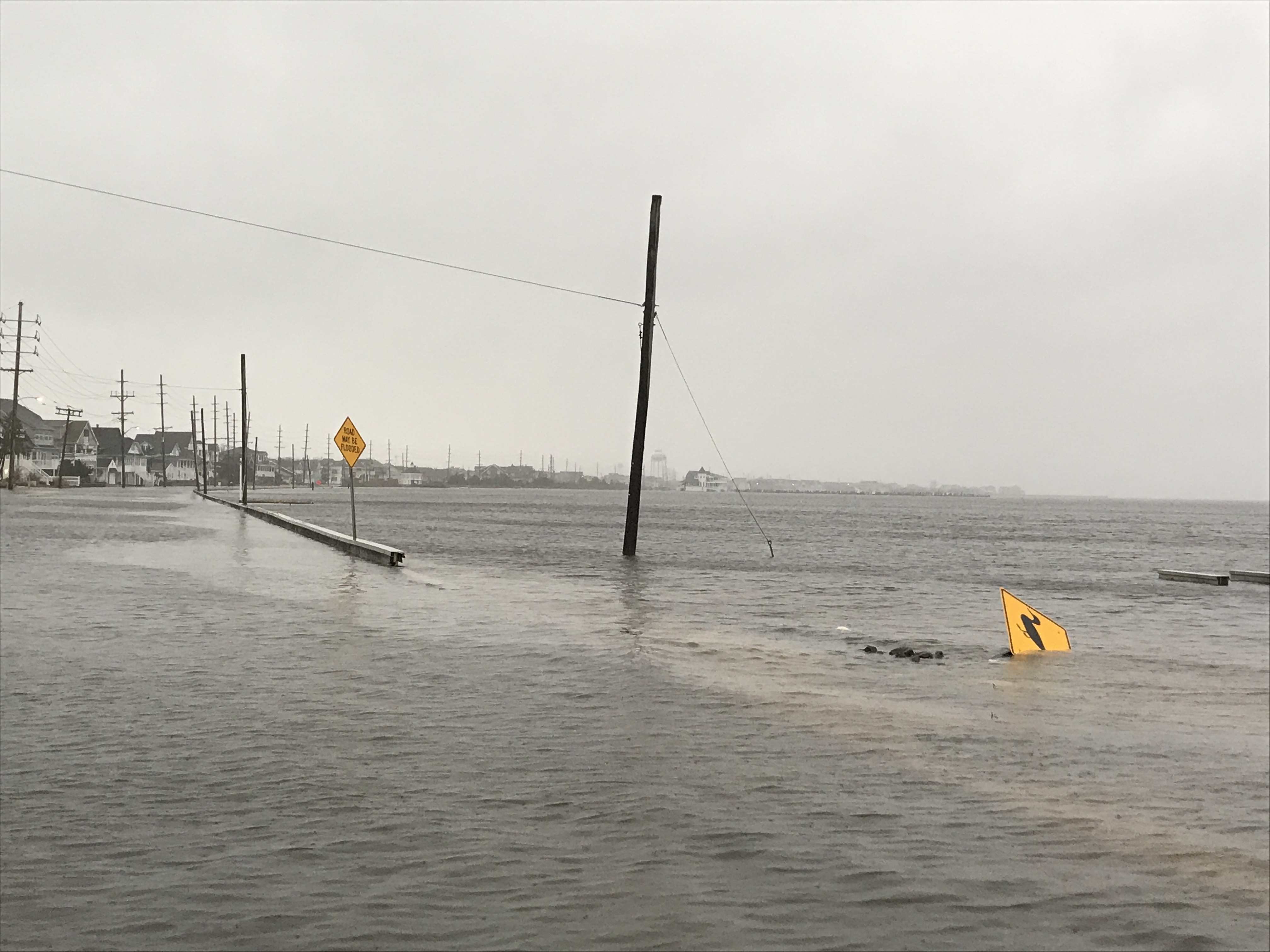Over the objections of the leadership of a private beach association that has been battling a group of oceanfront residents over their right to have dune crossovers between their homes and the beach, the Toms River township council on Wednesday night adopted an ordinance that will allow the residents to obtain permits to build crossings.
Litigation between the Normandy Beach Improvement Association, a number of homeowners and Toms River Township has dragged on for several years, as described in detail in a previous story published by Shorebeat. Recently, the litigation resulted in a decision by Superior Court Judge Francis R. Hodgson that declared homeowners on the oceanfront have legal easements to that allow them to cross over the dunes which are the property of the association. The association plans to appeal that decision to the state’s appellate division of Superior Court, leading some of the organization’s leadership to request Toms River hold off on allowing crossover permits to be issued.
Toms River is a party to the lawsuit because of its ordinance that restricts dune crossovers in the neighborhood. Half of Normandy Beach is located within the municipal boundary of Toms River and the other half is located in Brick Township. Brick Township does not have an ordinance that restricts dune crossovers, and several are already in place in the northern portion of the neighborhood, as indicated in the video embedded with this story.
Toms River Township Attorney Gregory P. McGuckin said, as of now, it would be Toms River taxpayers – not the homeowners’ association – that would be on the hook for potentially millions of dollars in eminent domain fees if it continued to prevent the property owners from building crossovers after a court determined it was legal to do so. Functionally, under the law, preventing the homeowners from utilizing their easement rights would constitute a taking of that land, McGuckin explained.
“There is no question in my mind that those takings, at least, would be in the hundreds of thousands of dollars for each one of these property owners,” McGuckin said. “The township could be on the hook for millions of dollars.”
The ruling affects 28 homes, and township officials estimated that prohibiting dune crossovers could add up to between $5 million and $8 million.
Representatives from the Normandy Beach Improvement Association came to the meeting to advise the council they would be appealing the ruling. The position of the association is that residential dune crossovers can lead to the deterioration of the protective dune, as exemplified by ordinance that normally prohibit people from walking on dunes.
“Someone must feel it’s fairly important to prohibit people from walking on the dunes,” said Steve Kirby, an official with the NBIA, adding that most homeowners would only have to walk a very short distance to access public beach entrances. “To walk 50 feet to an entrance does not seem like such a hardship in our minds.”
“This is not an issue of someone’s convenience or inconvenience, it is an issue of someone’s right to their property,” said Council President Matthew Lotano. “If their easement is taken away, right away they don’t have that legal right.”
McGuckin said that although the case may be appealed, the township could find itself instantly exposed to eminent domain claims and demands for payment by homeowners. The ordinance adopted by the council on Wednesday night sets forth a permit process that governs how crossovers must be built and makes the permit applications available as soon as the ordinance is recorded. The permits do not allow dune “cuts” or excavation of any kind similar to the public entrances, but allows for a sand crossing over top of the existing dune.
While individuals and the homeowners’ association continue their legal battle, it would be Toms River taxpayers who would foot the bill for the eminent domain claims and its own continued involvement in the litigation. Oceanfront homeowners who were plaintiffs in the case agreed to avoid filing such claims pending the passage of the ordinance allowing the crossovers.
“The only entity that is now prohibiting those property owners from exercising their rights is the township of Toms River,” said McGuckin. “The dunes do not belong to Toms River Township; it’s not our property.”
Homeowners on the oceanfront, however, may be advised against establishing crossovers while the litigation is still pending. If a higher court were to reverse the trial court’s ruling, the township would be forced to revoke the permits and the Normandy Beach Improvement Association would be empowered to enforce the dismantling of the non-permitted crossovers.
The ordinance was adopted in a unanimous vote by the council.

Advertisement

Seaside Heights & Seaside Park
Seaside Heights School Board Seeking More Participation, Will Change Meeting Times

Police, Fire & Courts
Seaside Park Man, 68, Charged in Fatal Crash With Pedestrian
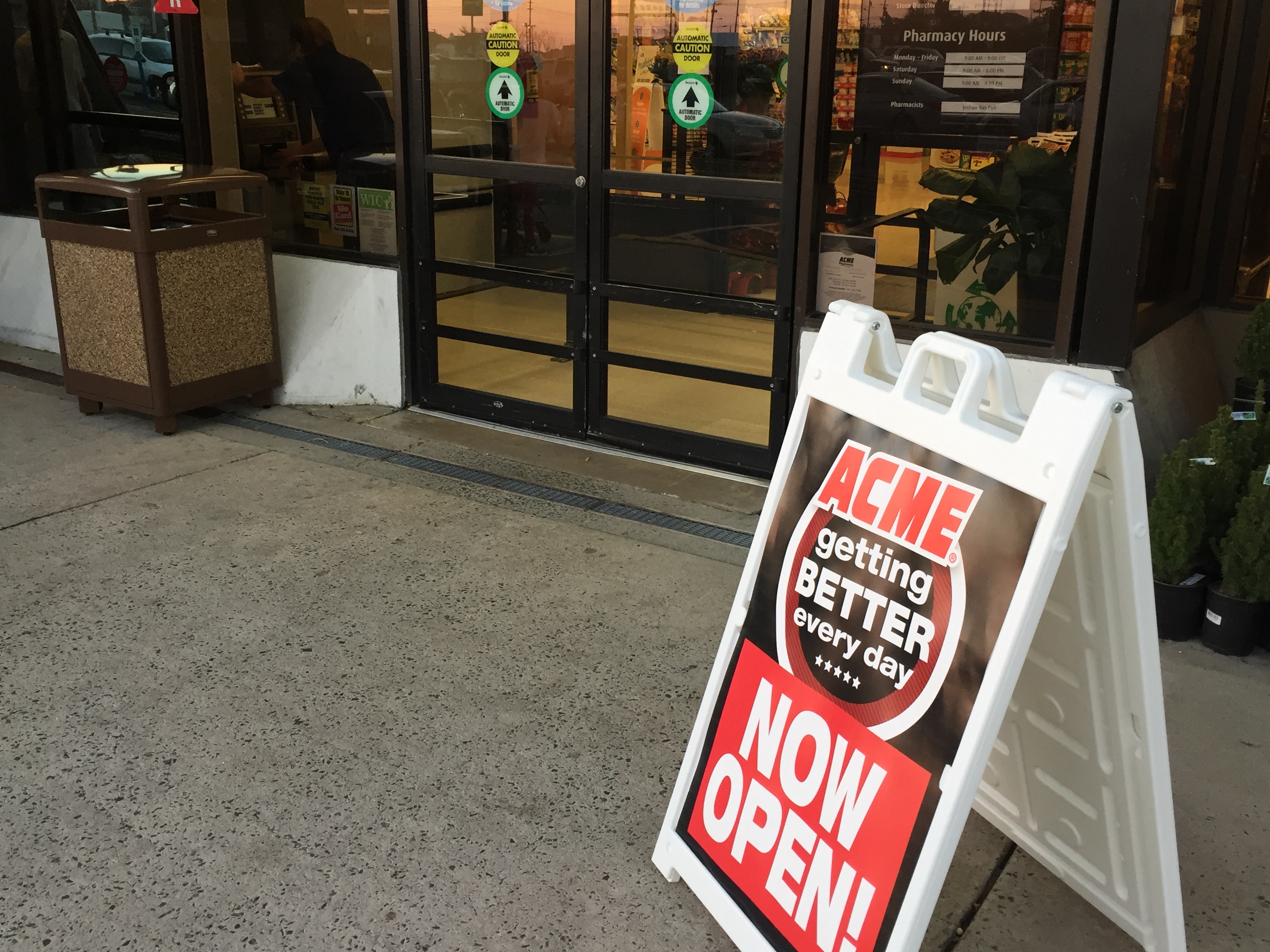
Ortley Beach & North Beaches
Lottery Ticket Worth $10K Sold at Ortley Beach Acme

Ortley Beach & North Beaches
Abandoned Private Island ‘Mansion’ in Barnegat Bay Poised for Demolition

